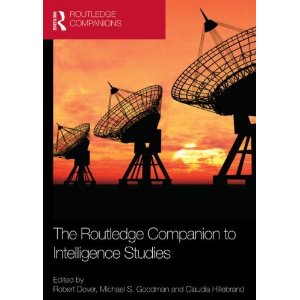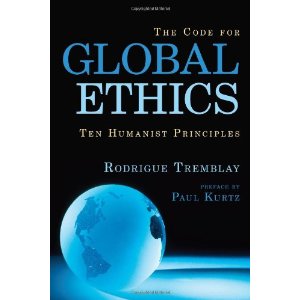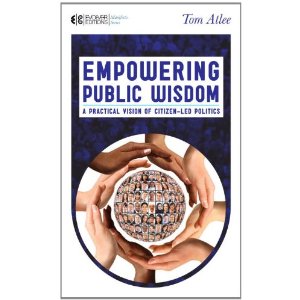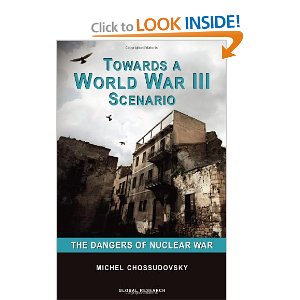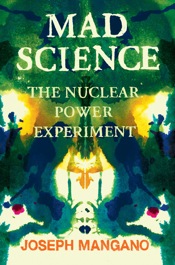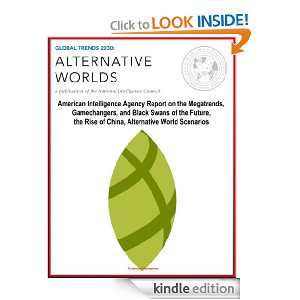
CIA National Intelligence Council
3.0 out of 5 stars Report Lauds Fracking as Energy Solution, Disappoints on Multiple Fronts, December 27, 2012
Certainly worth reading, along with other and generally better reports linked below, but a huge disappointment. There is nothing here actually useful to a national or corporate leader, and generally nothing new. To take one small example upfront, the so-called “disruptive technologies” are pedestrian in the extreme. My disruptive technologies are Open Source Everything (OSE) starting with OpenBTS (Base Transceiver Station) — essentially a free cell phone for every person on the planet from birth — unlimited clean water from the ocean, and free energy. My most significant concern, apart from the fact that this report persists with all of the flaws I pointed out a year ago, is the continued lack of integrity — ethics — a deep commitment to telling the truth about the FACT that government corruption is half the problem, the FACT that half of every US tax dollar is demonstrably spent on fraud, waste, or abuse. Until the National Intelligence Council is capable of telling the truth about our own worst enemy — us — it will be nothing more than an over-paid over-hyped largely useless coffee klatch.
Thoughts in passing as I go through this final report:

